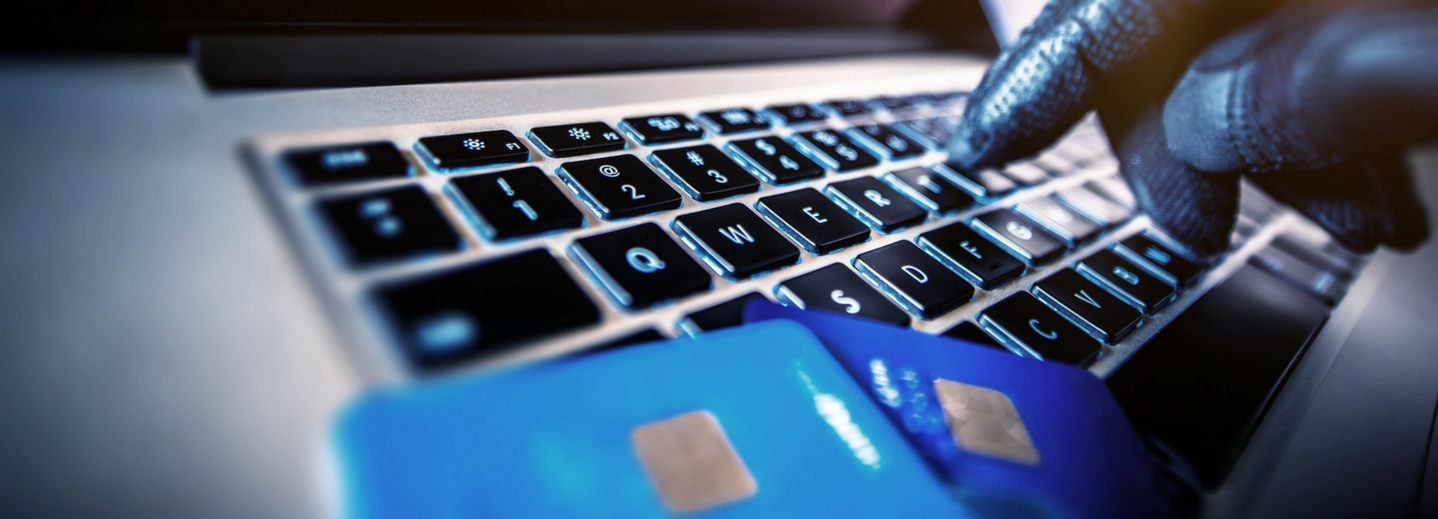Protecting Your Credit Card from Fraud

It is an unfortunate reality, but credit and debit card fraud happens every day – all over the world. According to a study conducted by the Federal Reserve, card payments have grown $19.9 billion from 2012 to 2015. We are swiping and entering our card information online more than ever…why not, right? Purchases are convenient and easy to track within online banking and budget software -- that is until someone else gets your card information and buys themselves a new home gym. Next thing you know, your card is declined at the pump and you are left confused and rightfully upset.
If you haven’t been a direct victim of fraud, chances are you know someone who has been affected. Minimally, fraud is an inconvenience. You may have to verify your card transactions over the phone, fill out documentation at your financial institution, and/or wait for a new credit or debit card to be issued as a replacement. If ‘inconvenience’ is the worst that happens – consider yourself lucky, as the repercussions can be much worse! Victims of credit card fraud can face loss of money, ruined credit, or ongoing issues with fraudulent credit reporting if they experience identity theft as well. While card issuers are able to employ numerous safeguards to protect you against fraud, you must still always be diligent in protecting your information.
These are some measures that you can take in order to reduce your risk of becoming a victim of card fraud:
- Never give someone your information over the phone or the internet unless you initiated the transaction and you are familiar with the company. If you are not familiar with them, try to research the company online. Often you can research scam companies on fraud alert sites.
- Check ATMs and gas pumps you are not familiar with for card skimmers, readers, or cameras. If the card insert seems abnormal or tampered with, do not use the terminal.
- If you will be traveling, notify your card issuer well in advance. This will allow them to monitor where charges occur to prevent unauthorized transactions and to prevent your card from being inadvertently blocked.
- As soon as you get your monthly statements, verify all transactions. With the accessibility of online banking, you can monitor your transactions anytime without having to wait to receive your statements by mail.
- If you find suspicious charges on your account, bring them to the attention of your financial institution or credit card issuer immediately.
- Never lend your cards to anyone.
- If your cards are lost or stolen, call and have them blocked immediately. It is easier to replace cards than it is to dispute fraudulent transactions. Additionally, carry as few cards as possible to minimize your risk.
- If your card has an EMV chip (the fancy, new copper chip most card issuers are now using), use the chip to make purchases instead of swiping. The chip encodes each transaction with information to prevent someone from stealing your information.
Utilizing these tips will help reduce the risk of credit card or debit card fraud. Knowing that you are taking measures to keep your information safe gives you peace of mind, which helps all of us sleep at night. Swipe smart and stay safe!
By CAMPUS USA